Who’s who: The people behind the recordings
Brief profiles of Muammar Gaddafi, Abdullah Senussi, Tayeb El Safi and other officials named in the recordings.
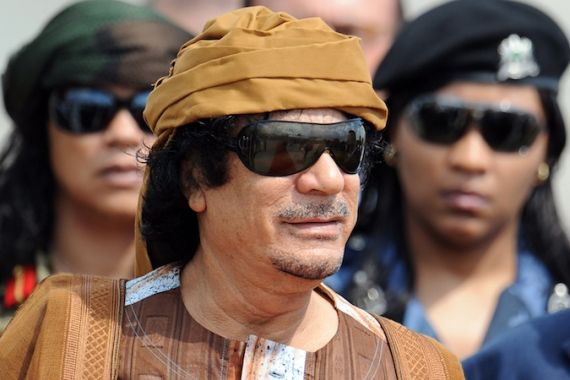
Many of the recordings obtained by Al Jazeera involve members of a small set of senior Libyan officials. Below you’ll find brief profiles for each of them.
Muammar Gaddafi
The Libyan leader needs little introduction. Often eccentric, often brutal, he took power in 1979 – dubbing himself the “brotherly leader and guide of the revolution” – and refused to let go.
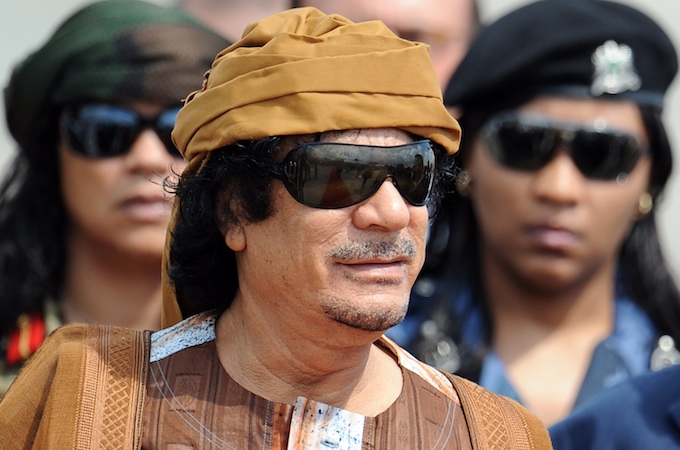
He created an extremely personalised system of government, which he called jamahiriya. In theory, it empowered ordinary citizens through local “people’s committees”; in practice, it centralised much of Libya’s decision-making in the hands of a few select officials.
Gaddafi gave several aggressive speeches as the uprising grew around him. In the most famous, delivered in March, he threatened to hunt down his enemies, “house by house, alley by alley.” After Tripoli fell, it was Gaddafi himself who was hunted; he fled to his hometown, Sirte, one of the last bastions of Gaddafi loyalists.
Current status: Captured and killed by opposition fighters near Sirte on October 20
Saif al-Islam Gaddafi
If Gaddafi was the eccentric, flamboyant face of the Libyan government, his second son, Saif al-Islam, tried to be his father’s sophisticated, urbane counterpart. Educated in the West, including a PhD from the London School of Economics, Saif al-Islam was involved in many high-profile diplomatic negotiations in the latter years of Gaddafi’s rule.
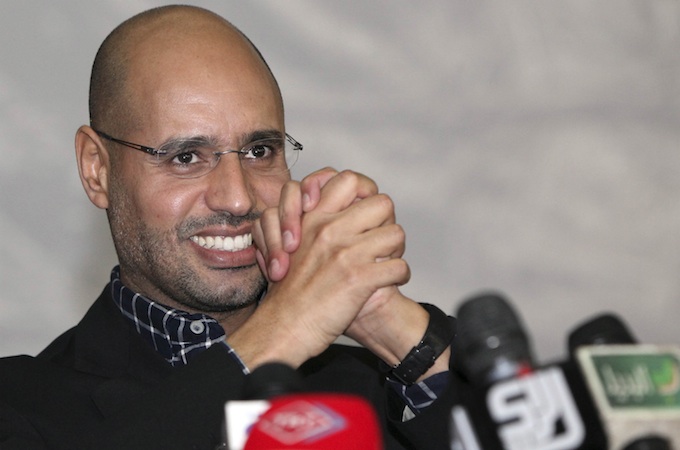
He seemed to alternate between two personas during the civil war. At times he was defiant: A video released in February showed him urging fighters to battle, and in interviews with Western media he denied that the Libyan army was killing civilians.
At other moments, though, he still pushed diplomatic initiatives, including a June offer to hold elections (promptly rejected by the rebels).
Current status: Captured on November 19; currently held by militiamen in Zintan; ICC seeking his trial in The Hague
Al-Baghdadi Al-Mahmoudi
Originally trained as a doctor, Al-Baghdadi Al-Mahmoudi spent the last two decades working as a technocrat in the Libyan government. He was first appointed as minister of health in 1992, and went on to hold several other cabinet portfolios, including human resources and infrastructure.
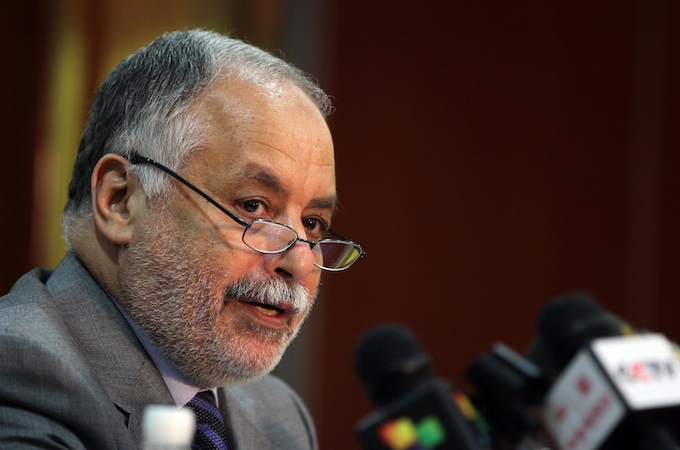
Gaddafi named him prime minister in 2006, and also appointed him to chair the high council for oil and gas, the body which oversaw Libya’s petroleum sector.
He was involved in Libya’s international diplomacy during the civil war, speaking several times with United Nations secretary-general Ban Ki-moon. He fled to Tunisia as the rebels began to encircle Tripoli, only to be arrested on charges of entering the country illegally.
The Libyan government has requested his extradition, but the transfer has been held up by courts in Tunisia because of human rights concerns.
Current status: Jailed in Tunisia, awaiting extradition to Libya
Abdullah Senussi
Abdullah Senussi spent virtually his entire career working within Libya’s feared security services. In the 1980s he led the internal security branch, responsible for killing many dissidents who opposed the Gaddafi regime. He would eventually become Gaddafi’s intelligence chief, and one of his closest confidantes.
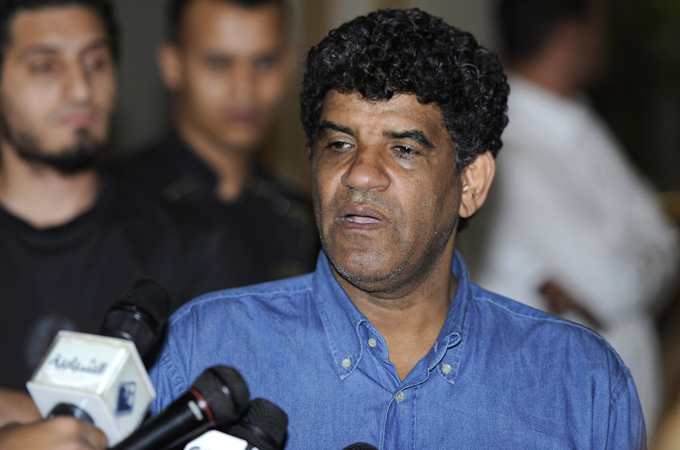
Senussi was convicted in absentia in France in 1999 for his alleged role in the bombing of a passenger jet over Niger a decade earlier.
He was indicted for crimes against humanity last year by the International Criminal Court, along with Gaddafi and Saif al-Islam.
His whereabouts were the subject of frequent rumours after Tripoli fell. There were reports that he’d fled to Tunisia, or Niger; in October, rebel fighters claimed to have captured him near Sabha. He stayed on the lam until March, though, when he was detained by authorities at the airport in Mauritania.
Current status: Arrested in Mauritania in March, awaiting possible extradition to Libya
Tayeb El Safi
He was one of Gaddafi’s closest allies, a trusted aide for decades, but Tayeb El Safi was an obscure figure even to many Libyans, who only learned of his existence during the civil war.
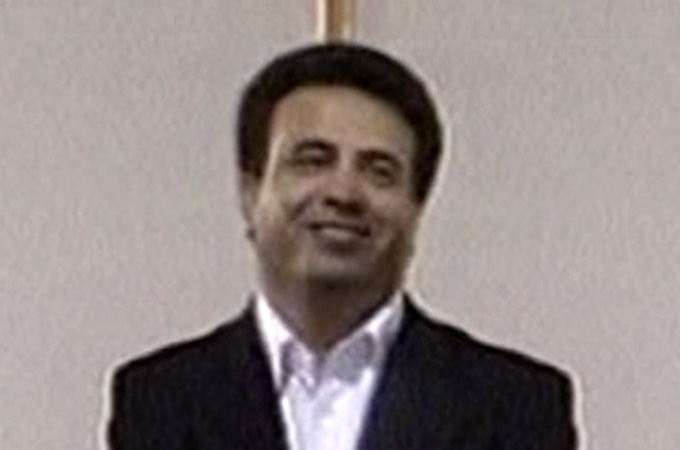
Not much is known about his background. El Safi is originally from Tobruk; in one conversation, Gaddafi describes “finding” him decades ago in Tajoura, a town east of Tripoli.
He served at one point as an official in the trade ministry. He was also posted overseas in the 1980s, primarily in Europe, at a time when many Libyan dissidents overseas were being assassinated.
The recordings of his conversations with Gaddafi, Senussi and others reveal him as a key player during the civil war. He was tasked initially with putting down the uprising in the east. At some point, El Safi fled to Egypt, where – despite repeated requests for his extradition – he remains to this day.
Current status: Fled to Egypt